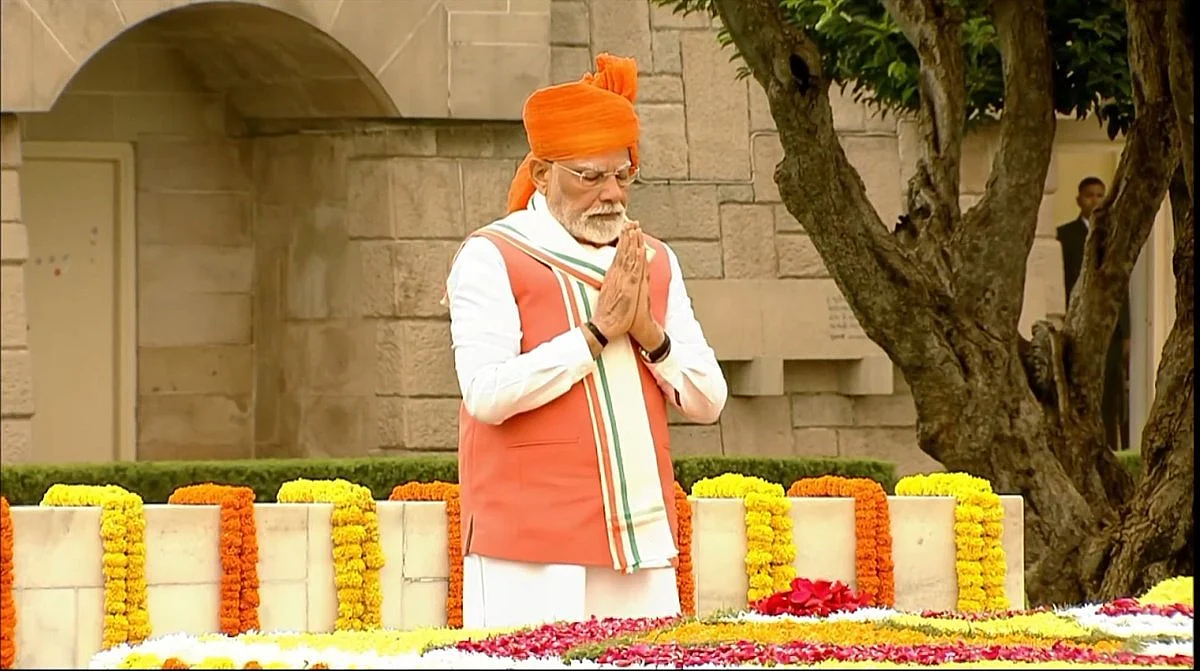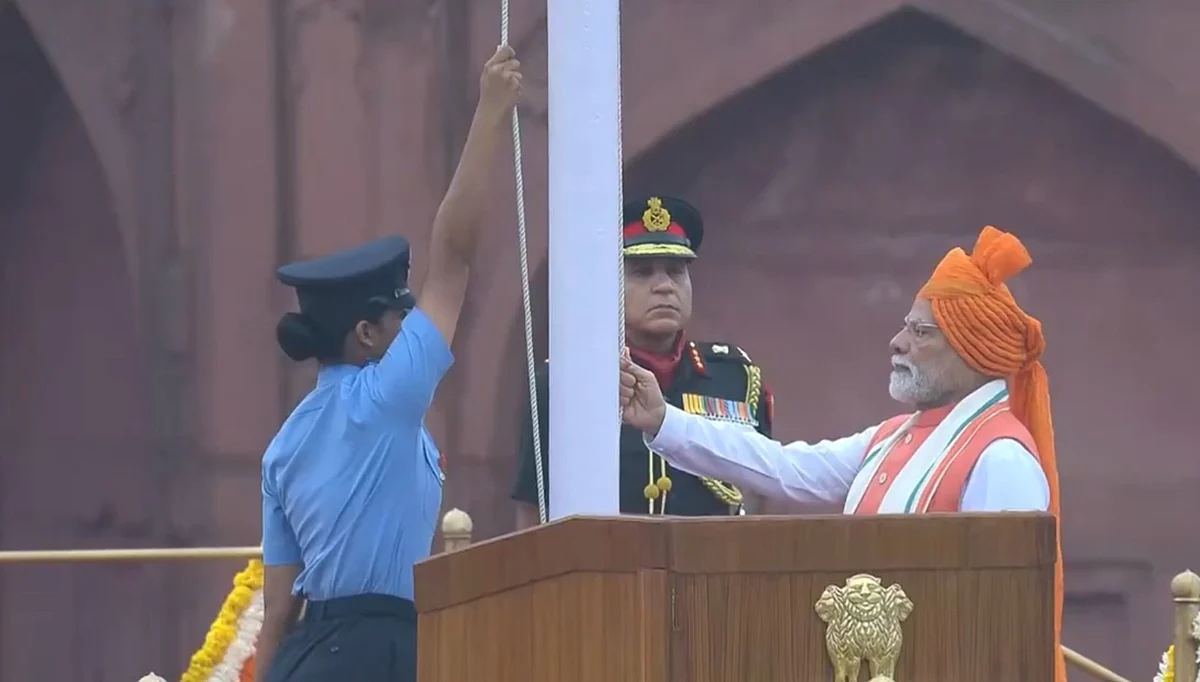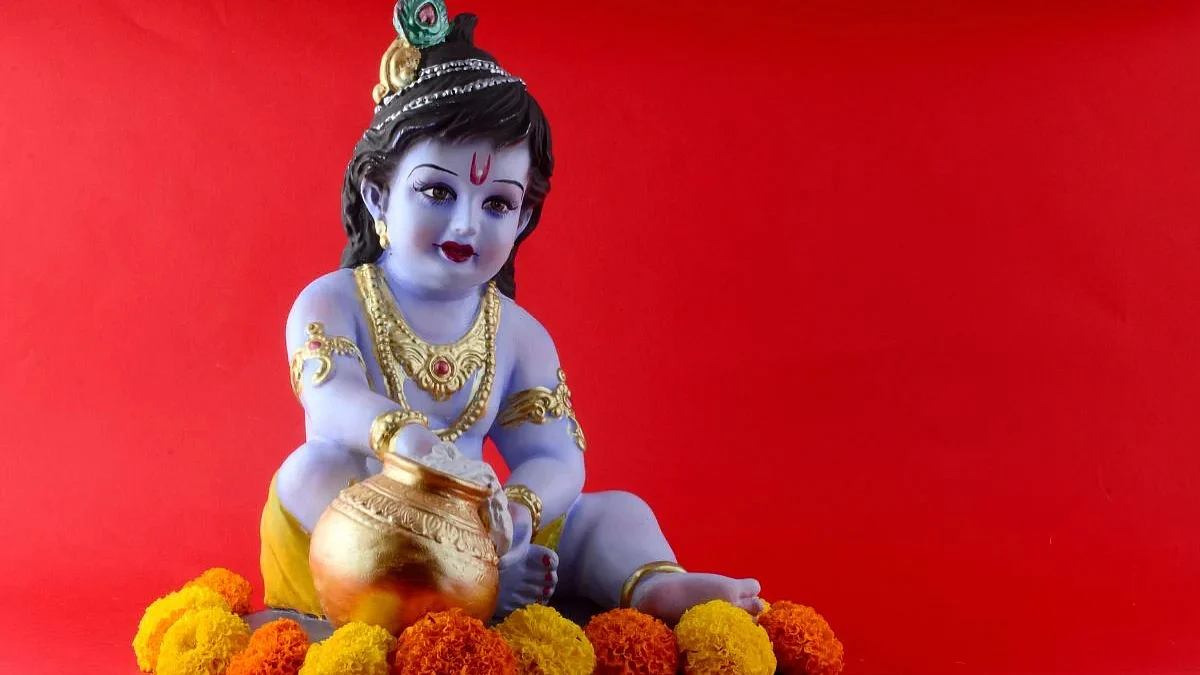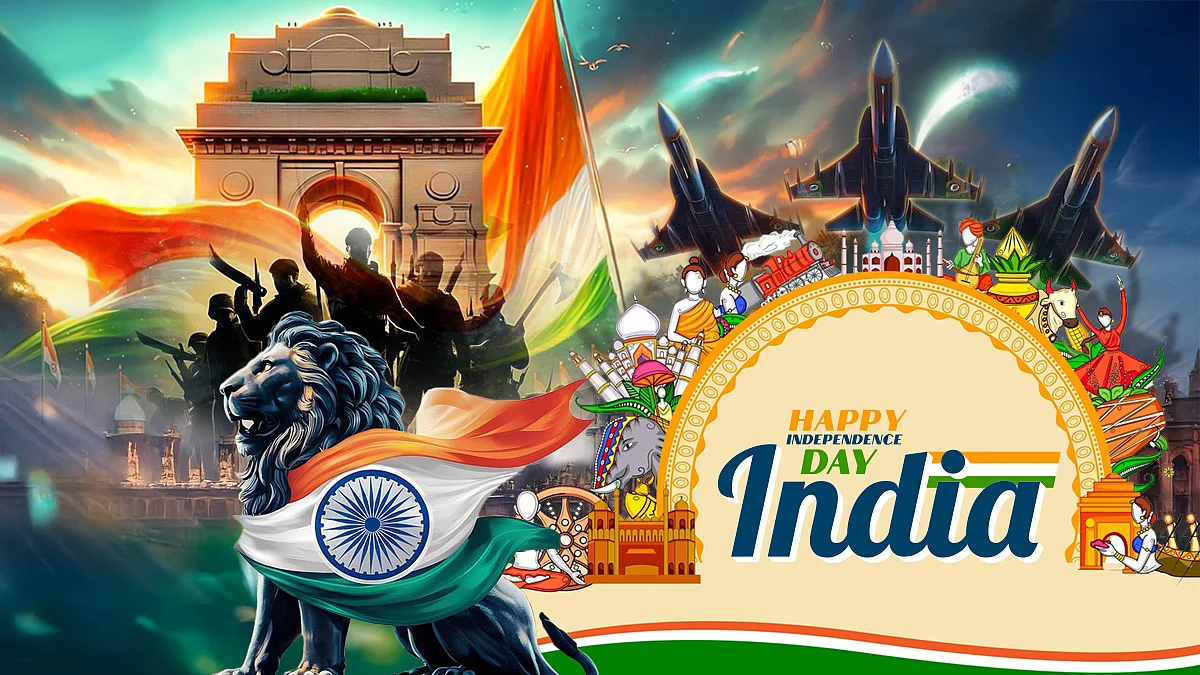The 7th Raisina Dialogue was held in person in Delhi from April 25-27. The annual conclave is jointly curated by the Ministry of External Affairs and the Observer Research Foundation. It had the usual mix of serving and retired politicians, journalists, and analysts. This time Ursula von der Leyen, President of the European Union Commission was the chief guest of the conclave. Prime Minister Narendra Modi attended its inaugural session.
Considering the time and resources the government invests, a closer look is necessary at its outcome. Despite the presence of dozen-odd foreign ministers, the media was more concerned about bail given or denied to social or political activists or loudspeakers dismantled from religious places. Half a dozen themes were listed for deliberation ranging from state of globalisation, environmental concerns, technology wars, to global health. The panel discussion of External Affairs Minister S. Jaishankar, former Canadian Prime Minister Stephen Harper, Portuguese Foreign Minister João Gomes Cravinho, and two others were revealed.
Since Prime Minister Narendra Modi’s advent, and especially during the beginning of his second term in 2019, BJP has undertaken a more rightward lunge. BJP tried to find justification for this in Indian history or traditions. Hence, the whitewashing of the past, positioning of sympathetic intellectuals as vice-chancellors of elite centres of education, and attempted moulding of media to their narrative. Minister Jaishankar has been tasked to do the same to the foreign policy public narrative.
The government is concerned about India’s friends in the West grumbling over India’s slippage as a liberal democracy. A visible disjunct exists between India’s foreign policy handholding with democracies abroad and India’s domestic politics moving away from its core principles. India is a member of QUAD, which groups four principal democracies of the Indo-Pacific i.e. Australia, India, Japan, and the US. India was also a visible participant in US President Joe Biden's “Democracy Summit”. In its 2021 report, Freedom House downgraded India to “partly free”. In the three years preceding, although rated as “free”, its score slipped from 77 to 71 on a scale of 100.
Stephen Harper is a former Canadian Prime Minister and the first from the Canadian Conservative Party. He set the scene for the discussion on “India at 75”. When asked how the European Union nations viewed India, he said he stood by his statement from two years ago that India was “beginning to define itself”. As a free and democratic society, he added, India was shaping its alliances and relationships. China was seen as a disruptive power that increased India’s international relevance. Then, he made two interesting points. One, that debate in western nations about Indian domestic politics was more a reflection of their internal political divide and less about India. Two, Russia’s attack on Ukraine is not just on a free and democratic nation but on the world order. In other words, India’s domestic politics and the danger to democracy from autocratic forces like Russia and China are being overplayed.
Minister Jaishankar cleverly built on this narrative to justify the BJP government’s policy choices at home and abroad. He claimed that credit must go to India for stabilising democracy over the last 75 years, thus globalising the idea of democracy as an organising principle for newly decolonised or liberated nations. When India became independent, there were hardly any democracies in South Asia. He forgot that Pakistan, like India, was born a democracy, while Jinnah lived. Turning to India’s shortcomings, he listed three: poor social indicators; deficient manufacturing capability; and inadequate attention to hard security in India’s foreign policy. India is now playing “catch-up”.
Then came the whitewashing part. India must be confident about “who we are” and not be a “pale imitation of others”. Muted clapping was heard, indicating that hyper-nationalism now even infests audiences attending think tank functions. Was not India confident when it restored Nepalese King Tribhuvan’s rule, annexed Goa, split Pakistan into two, merged Sikkim, had its first nuclear test in 1974, and saved the Maldives from an external coup? The point about “pale imitation” is more troublesome. Respect for basic human rights, without which no liberal democracy can function, is not a western import.
Analysts have reasoned the similarity between the ancient Indian concept of Dharma, and modern western thought on basic human rights. Max Mueller defined Dharma as Indian Natural Law. Ancient Indian laws enshrined in Vedas, Upanishads, and Dharamashastra established rules of conduct of rulers towards their peoples and humane behaviour towards even the vanquished in war. They also upheld the dignity of the individual. Sarva Dharma Sambhavana, meaning all truths are equal to or harmonious with each other, implied equality before the law.
Therefore, when the Indian government sits mute while religious processions become instruments for provoking and taunting rival faiths, or girls’ dress is demonised or food proscribed, India is not becoming a pale copy of liberal democracy. It is becoming a hard copy of a jingoistic, socially conservative nation envisioned by Donald Trump in the US, Marine Le Pen in France, Viktor Orbán in Hungary, and so on. Minister Jaishankar recommends India should abhor a sense of entitlement abroad. How about some “Raj Dharma” at home, which late Prime Minister A.B. Vajpayee recommended after the 2002 Godara riots?
(The writer is former secretary, Ministry of External Affairs)


.jpg)







